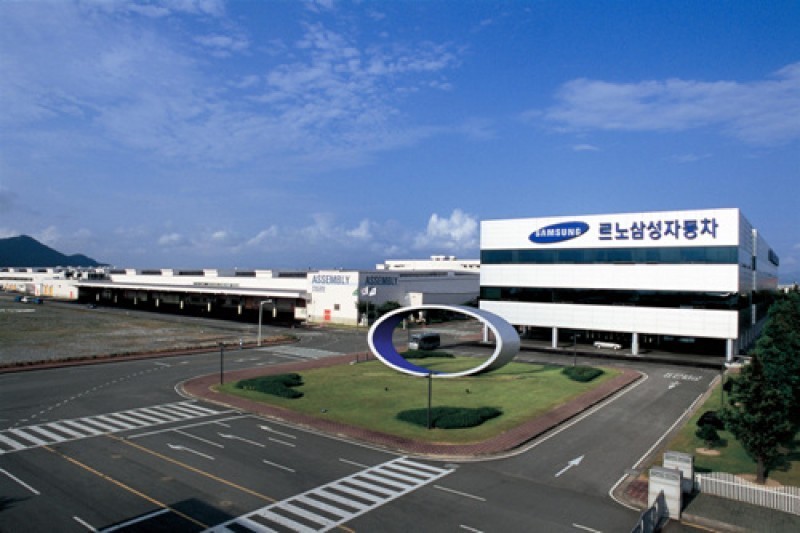Overturning a wage deal clinched in June, unionized workers at Renault Samsung have voted to hold a sit-in protest, according to members of the union Wednesday, although the automaker said it would continue with the labor-management negotiations which kicked off in September.
Of more than 2,000 unionized workers at the South Korean unit of the French automaker Renault, 66.2 percent voted to go on strike. The labor union and management had reached a wage deal on June 24, bringing an end to a year-long strike.
In the June agreement, they pledged to pursue a win-win cooperation and create a peaceful work environment at its factory in the southern port city of Busan.
While the labor union is yet to decide the exact period and scale of the sit-in protest, industry insiders said its decision would lead to further decline in the production rate at the carmaker’s plant.
In July, a month after their deal, the labor union asked the company for an 8.01 percent increase in wage, additional payment for union members, employment of additional personnel, scrapping of the wage peak system and 4 million won ($3,350) in incentives by the year-end.
The negotiations over the latest deal began in September, where the company’s management vowed to come up with its decision by early December during the talks held on Nov. 28.
A Renault Samsung representative told The Korea Herald that while the management is finalizing its decision, the unionized workers began voting on their own.
“But it is not that the labor union will hold a sit-in protest immediately. They just voted to stage a strike, which is separate from continuing negotiations. Whether from the company side or from the unionized workers’ side, if negotiations are necessary, we are going to continue our talks,” a Renault Samsung official told The Korea Herald.
 |
(Renault Samsung) |




![[Herald Interview] 'Trump will use tariffs as first line of defense for American manufacturing'](http://res.heraldm.com/phpwas/restmb_idxmake.php?idx=644&simg=/content/image/2024/11/26/20241126050017_0.jpg)


